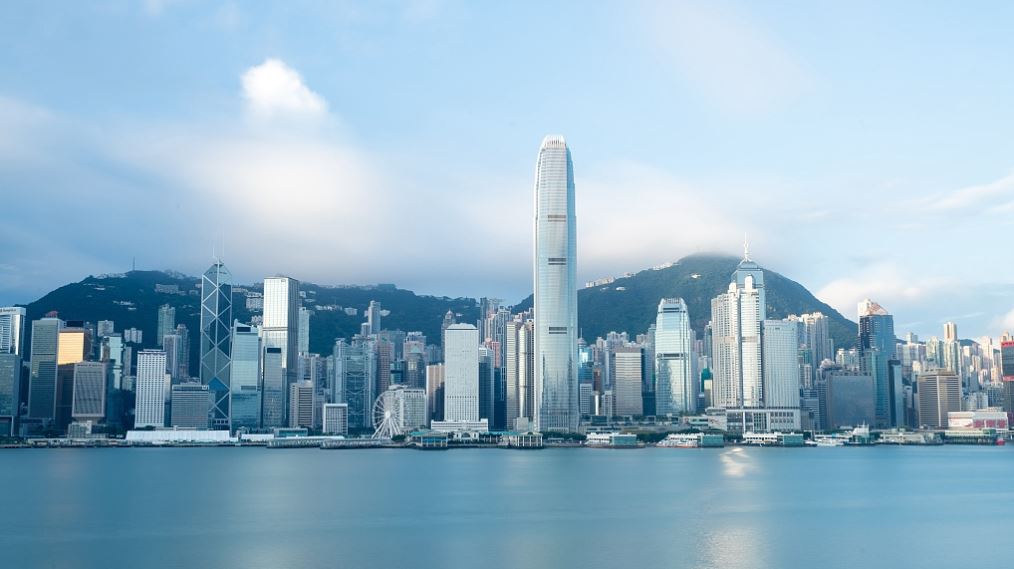
(Photo: CGTN)
The district council election held on November 24 was a major turning point for Hong Kong politics with opposition candidates winning more than half of the seats. It has symbolized the further bewilderment of Hong Kong's rational spirit. Although they were somehow distorted as the election was held amid months-long unrest, the results may still be taken as a gauge for the so-called "mainstream public opinion" in Hong Kong.
However, such "mainstream public opinion" stands very far away from the rational governance policy of "stopping violence and restoring order." And that worries me. I am confident that most Hong Kong people do not want continued violence in Hong Kong, yet they do want to change their fate, with no ability to figure out how to.
From "Occupy Central," to civil disobedience, and to this year's "Fugitive Bill Protest," the idea of "achieving justice by violating the law" has won popular support. The youth localist groups have shown their decisive rise. It is clear that the political layout in Hong Kong has been radicalized and polarized.
The long-term "hidden colonization" and excessive exploitation of Hong Kong by foreign forces have created the political illusion of confrontation between Hong Kong and the "One Country."
In the quiet and old times when China and the U.S. were on peaceful terms and the "Two Systems" went on well, Hong Kong enjoyed institutional dividends from globalization and moral superiority of overlooking the Chinese mainland; in the current era that features Sino-American clashes and fundamental changes in the global order, the future of Hong Kong becomes a critical topic for discussion. However, the local education, culture, and caliber of the elites are not capable of sustaining this test of a "spiritual breakthrough."
The results of this district council election and a couple of future elections in Hong Kong will not change the autonomy of Hong Kong guaranteed by the "One Country, Two Systems" and the Basic Law. Of course, the opposition may continue to make use of the "public opinions" to collude with foreign forces in their plots for any political goal, and in the end, Hong Kong itself will suffer direct impact, and even greater loss.
I am afraid it will become less and less attractive to elites from the Chinese mainland and even to global talents; the city's position as a place of top higher education and a financial center will face grave challenges; and the opportunity window it may have in the Greater Bay Area development and the Belt and Road Initiative will not be waiting too long. The opposition wins the "public opinion," but loses the "future." This may be one of the crisis omens shown by the election results, and probably, the most tragic one.
Now that the district council election has concluded, Hong Kong should calm down and think:
Is violence a solution to problems?
Is reckless abuse of the rule of law and accurate design of electoral violence really a victory for democracy?
Is continued alienation from national strategy and institution really the future of Hong Kong?
Is unrestrained and unreserved trust in and pursuit of the West really Hong Kong's spiritual cornerstone?
Is extreme mobilization and baptism of violence for young people, including minors, really a responsible political act for Hong Kong's next generation?
It is easy to create "public opinion" by rendering fear and violence, and there is no lack of precedent in history. However, guiding the public to form stable and reflective societal rationality through responsible education and thinking about the best way to achieve local interests together with the public are the undeniable ethical responsibility of the elites.
All these deserve cool-headed thinking by the Hong Kong society after venting its passion in the election. After casting their ballots, every resident should not be absent from this grand discussion of the era that will determine the future prospect of Hong Kong. The spiritual self-salvation and transformation is far more critical to the whole society than the "public opinion" and results in a certain election.


